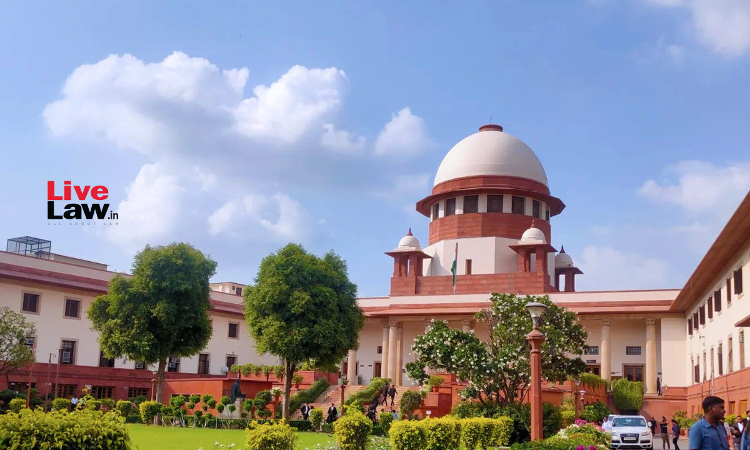The Supreme Court has held that the liability to pay the tax shall be on the transferor who transfers the right to use any goods as per proviso to Section 3(1) read with Section 2(b) and 2(g) of the Tripura Sales Tax Act (TST Act).The division bench of Justice M.R. Shah and Justice Krishna Murari has observed that Rule 3A(2) of the TST Rules and the memorandum issued by the Government to...

